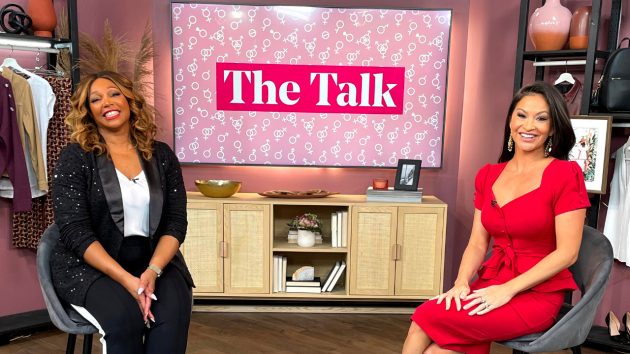April 6, 2023
How and when to talk to your kids about sex

Jess had the pleasure of sitting down with Cityline’s Tracy Moore to talk about one of her favourite topics: how to talk to young people about sex.
They discussed timing, approaches, sexting, porn literacy and more.
Check out the video as well as the summary notes below.
Rough notes from this video below.
Q: At what age should you start talking about sex?
Right away — with body parts to begin with because they deserve to feel comfortable with their bodies and name all of their body parts beyond head and shoulders and knees and toes.
Practicing saying the real names of body parts is good for you too and it can be easier to get in the habit from when they’re babies and they’re too young to even absorb what you’re saying.
And sex isn’t just about bodies and mechanics. It’s about emotional literacy more than it is about putting condoms on bananas.
So normalize conversations about feelings and boundaries (e.g. I feel uncomfortable, sad, scared, unsure, etc..). These conversations lay the foundational groundwork for relational literacy, which they’ll need in friendships and intimate partnerships as they age.
Q: How do you answer “where do babies come from”?
This will likely arise naturally. When someone close to you is pregnant, this is an amazing teachable moment.
Your answer will depend on the child’s ageFor a 2-3 year old, you might explain that two parts from two people come together to make a baby. It’s like a planting a seed and it grows like a plant or tree.
As they get older, they can learn that one way to make a baby involves putting the penis in the vagina — like puzzle pieces fitting together. That’s not the only way, but it’s common and it usually involves feelings of pleasure and more.
You know your kids best and there is no universal age at which they must understand specific concepts. Oftentimes explaining the concept from a younger age can have a normalizing effect that helps to assuage some of the awkwardness.
Q: What if they ask a question that isn’t age appropriate or that you don’t know how to answer?
This is an opportunity to model honesty and emotional expression.
I’m not sure. That’s a tough one. Talking about this stuff is hard for me, but it’s important that we do. Let’s go find the answer together.
You can show them good resources like Everybody Curious & Amaze.
You can walk through these resources together and let them know that they can access them on their own (as opposed to letting them Google answers which can lead to unreliable and inappropriate sources).
Q: And when should you start talking about porn? How do you address it?
Once they’re unsupervised online, it’s time to talk about adult material. This means that if they’re playing around on YouTube at 7 years old, you want to talk to them about videos that are made for adults that they might come across.
Let them know what to do if they come across videos or photos that make them uncomfortable (or curious). Suggest that they close the window and that they can come talk to you about how they’re feeling.
As they get older and understand what porn is, talk about the fact that they’re actors with special effects — it’s for adult entertainment (however you feel about it is fine), but it’s not education. It’s not realistic because sex involves more nuance, feelings, communication, connection, safety, preparation and more.
If you have a tween or teen, be sure to listen to this free podcast!
Q: What about people who afraid that talking about sex will encourage teens to have sex?
The research says the opposite is true.. Data continues to confirm that talking about sex doesn’t lead to sex; it leads to healthier behaviours
Q: There is a big fear around sexting. Should we be talking about this?
Yes. Talk about it and try not to lecture. Instead ask one question at a time.
Ask teens how they feel, what they know, what they think. Ask them what their concerns are. Let them share perceived consequences and come to their own conclusions. Use popular culture to generate conversations.
Q: Maybe you don’t want to go here, but I have a lot of moms asking me if they should buy their teens vibrators or lube…
You’re the expert in your teen’s maturity. I know many people who do provide lube and toys because it’s the safest sex. And the more they know about their bodies and pleasure, the less likely they are to be pressured into doing things that don’t feel right.










